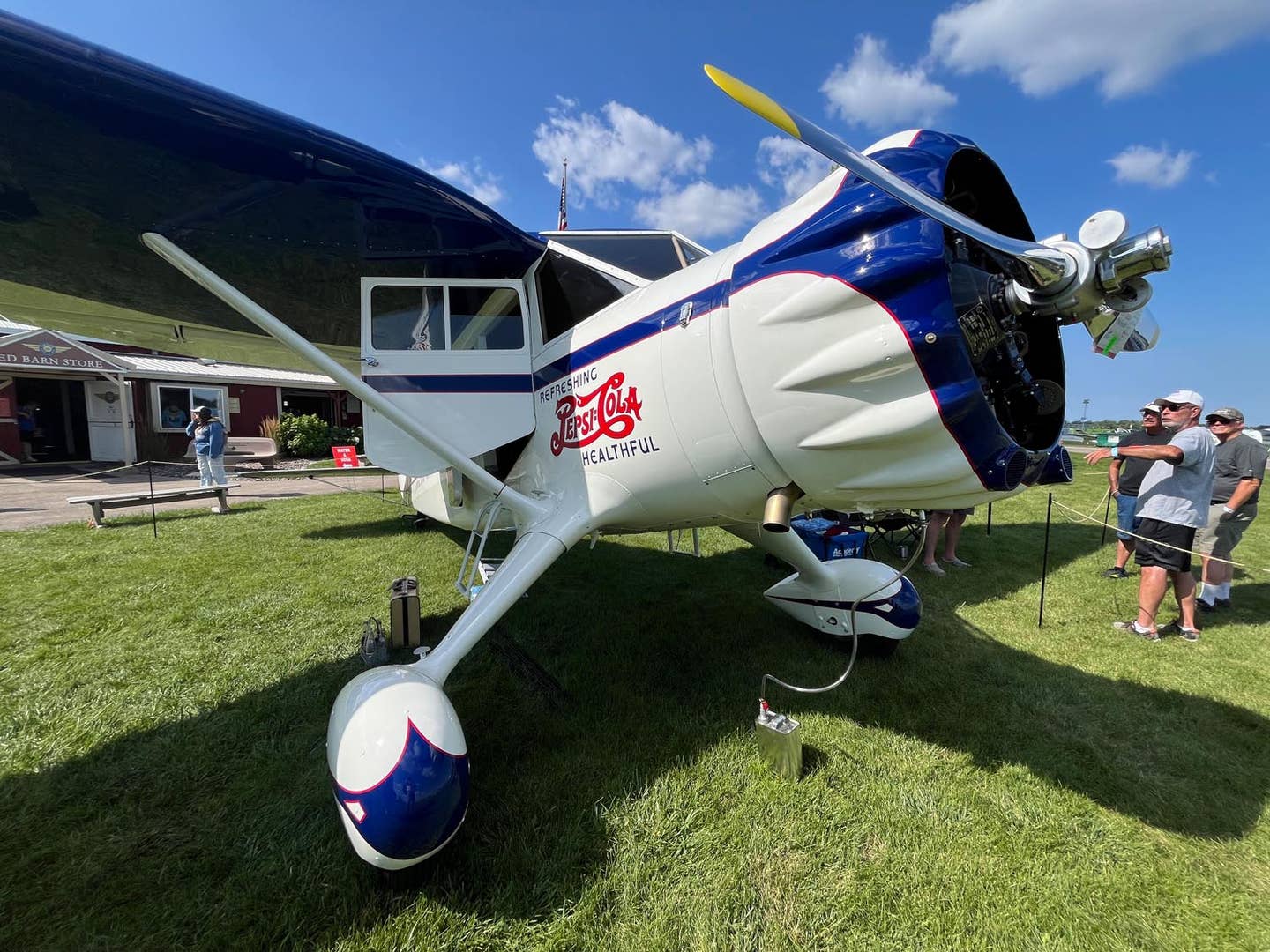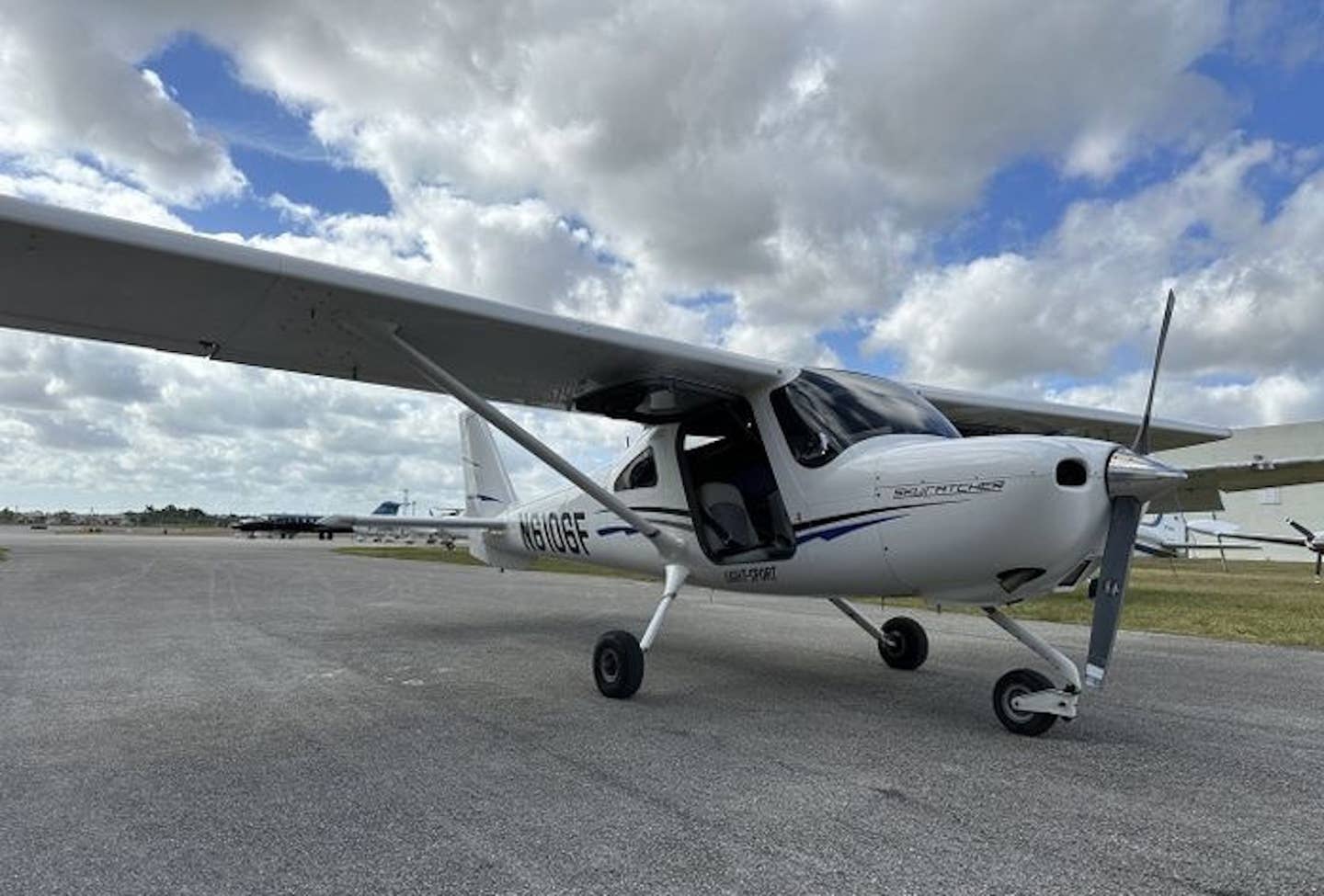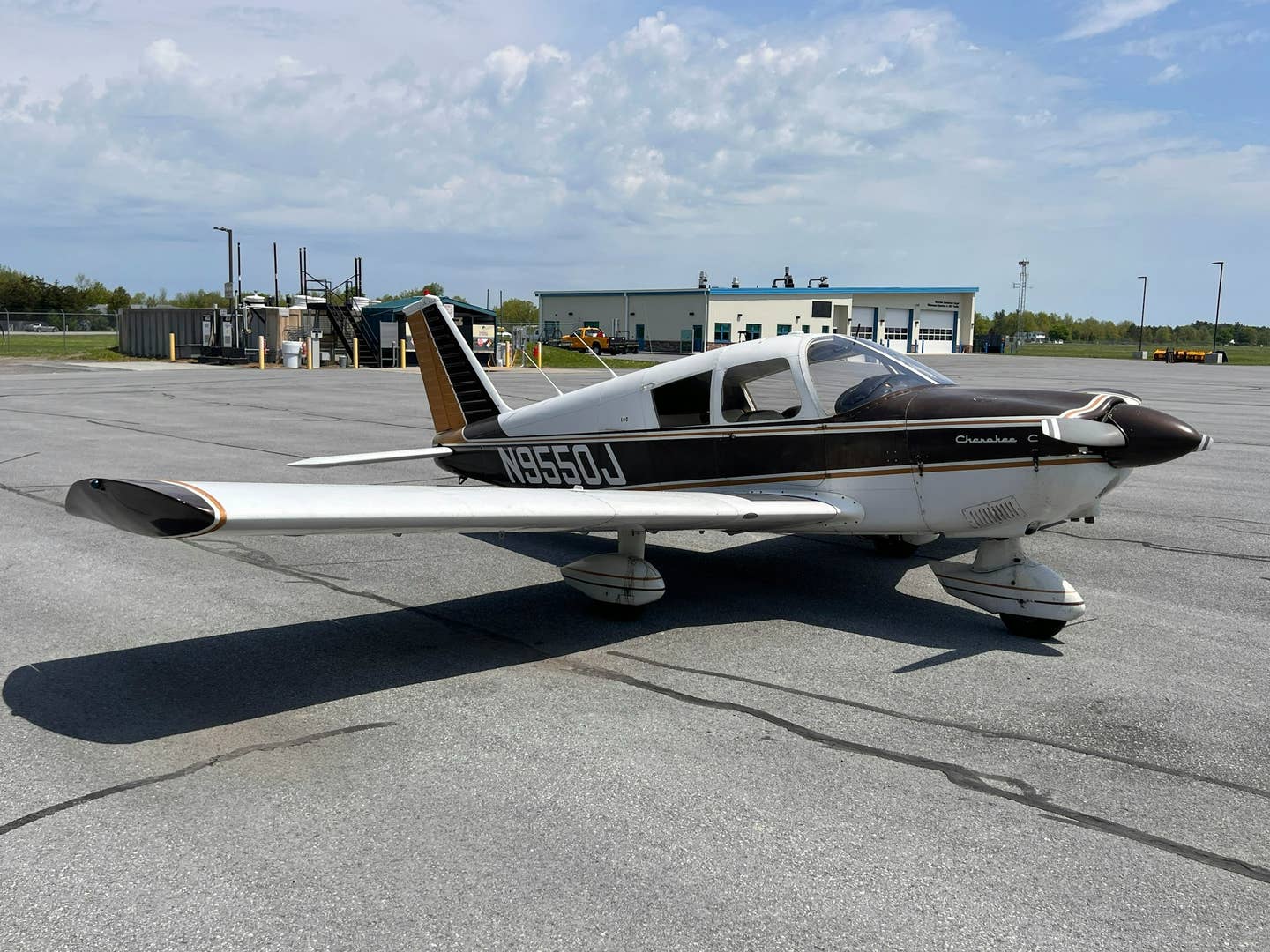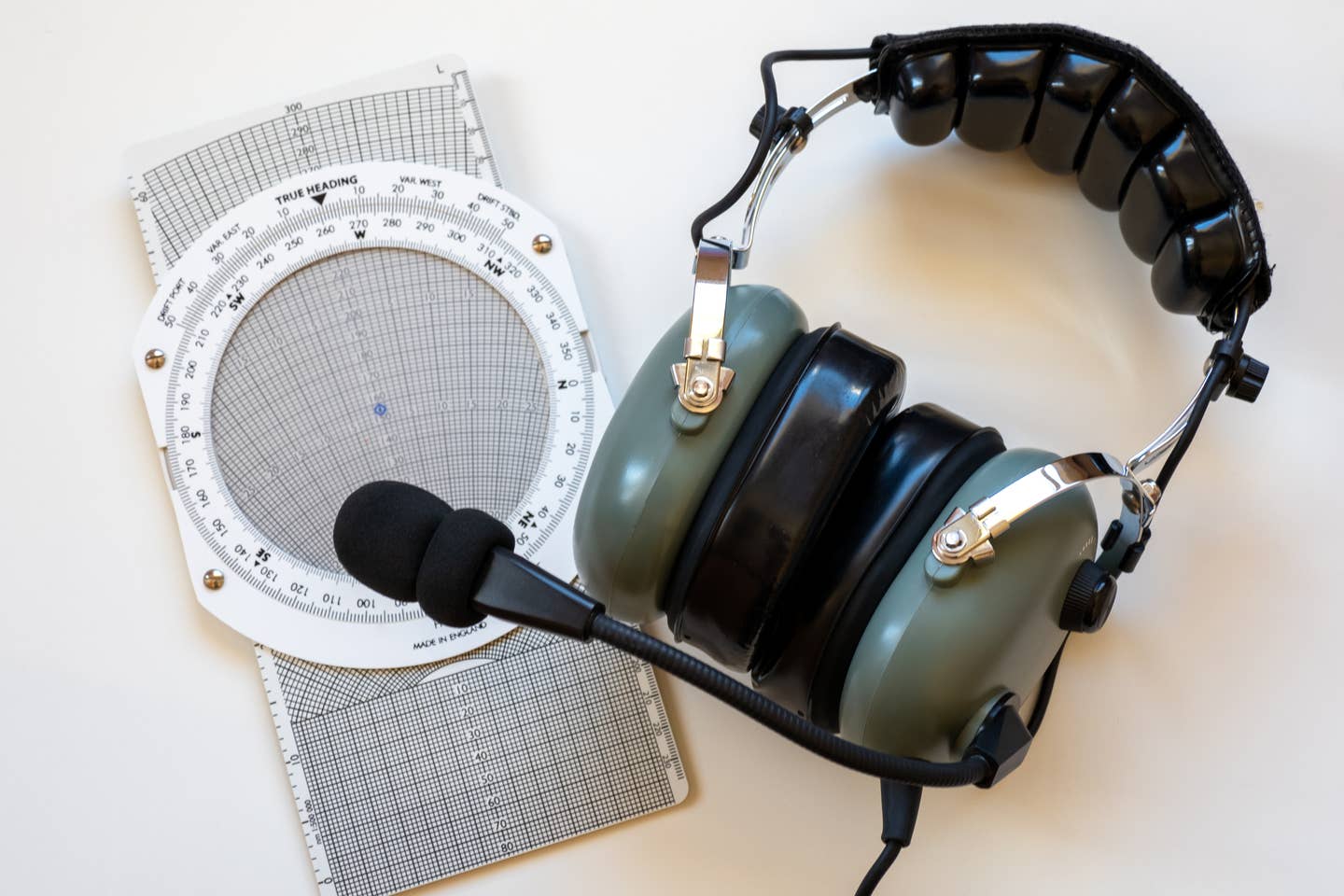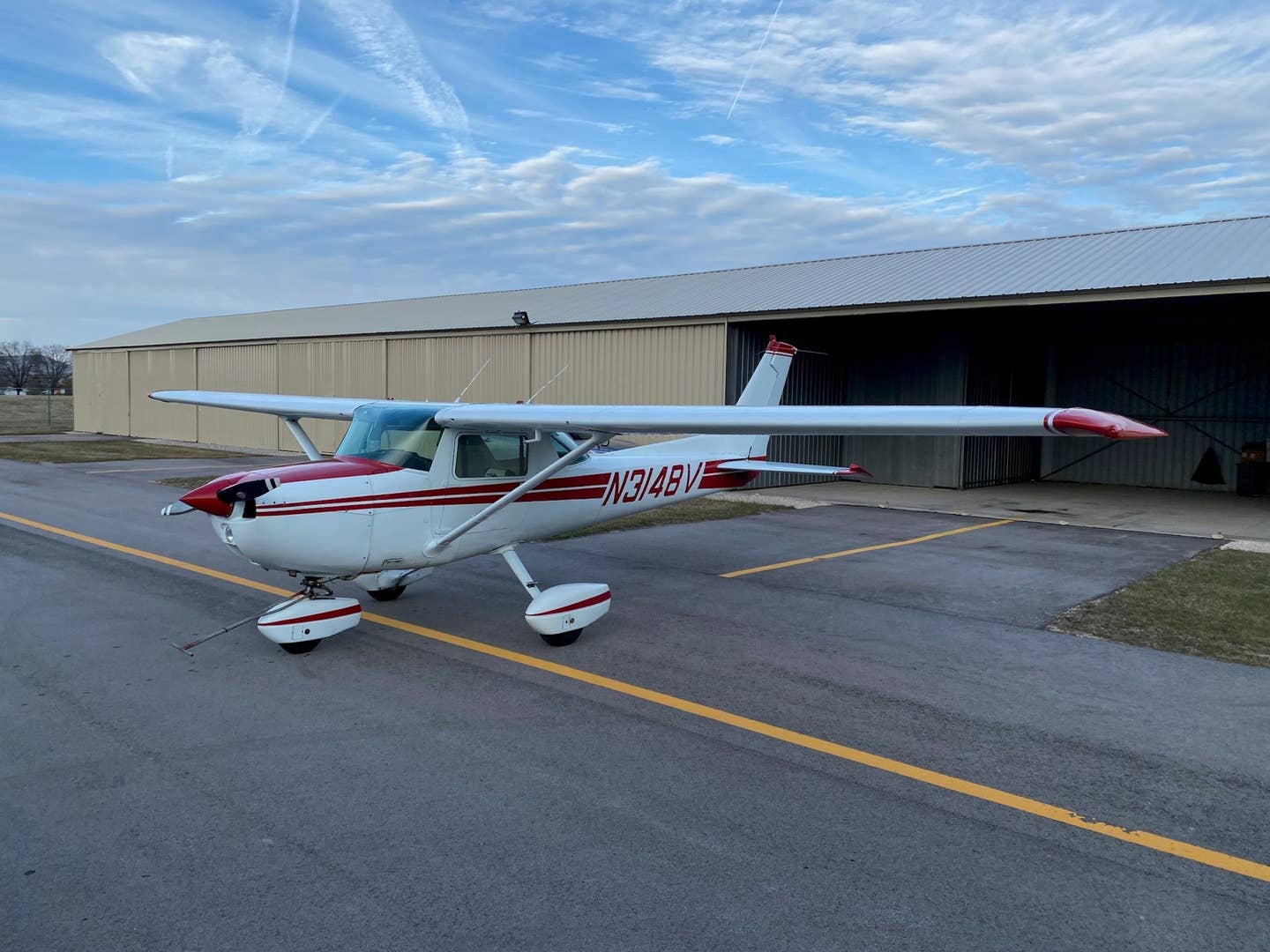Your MOSAIC Study Guide
FAA proposed regulation has powerfully captured the attention of many pilots. Pilots have tons of questions. We have some answers. Everyone has a lot to read. Overall, FAA’s proposal has…

The Orville Wright Federal Building in Washington, DC. [Adobe Stock MJ Kerr]
FAA proposed regulation has powerfully captured the attention of many pilots. Pilots have tons of questions. We have some answers. Everyone has a lot to read.
Overall, FAA’s proposal has been warmly received as it opens the door to more capable aircraft that a sport pilot can fly. That’s good, but the document has problems, too. Following are four examples.
MOSAIC's language invigorated many readers when the NPRM expressed support for a sport pilot certificate holder to fly at night, with proper training and a logbook endorsement. Yet the proposal refers to other FAA regulations requiring BasicMed or an AvMed. If you must have a medical, you are not exercising the central privilege of a sport pilot certificate. Why suggest that a sport pilot can do things that are blocked by other regulations? This conflict should be resolved.
Another opportunity gap involves aerial work. We’re pleased LAMA’s request was included, but it requires a commercial certificate to fly for compensation, and this requirement eliminates powered parachutes and weight shift trikes, for which no commercial certificate is available. This is discriminatory and should be fixed.
Maintenance experts have lots of questions; see the video at the bottom of this page.
ASTM standards writers raised questions about the value of noise regulations included for no present gain, “requiring solutions before the problem exists.” This appears to have political motivations.
You may find other aspects of MOSAIC that urge you to comment. If so, you may find the following helpful.
MOSAIC Study Guide
I can’t imagine anyone genuinely enjoys reading MOSAIC. The Notice of Proposed Rule Making (NPRM) encompasses many pages in dense language; it’s tedious to review.
It just got a lot easier, thanks to Roy Beisswenger.
Beginning in 2014—well before MOSAIC existed—Beisswenger and I spent years advocating on behalf of the LSA industry and the pilots that fly those light aircraft to the FAA. Beisswenger was the lead author on several white papers LAMA submitted to support each of its requests. They went over so well with the FAA that they are mentioned in the footnotes.
As you will see in the attached PDF study guide, Beisswenger has done a monster amount of work in reformatting the documents so that you can walk through it and find what you want much easier.
Beisswenger also addressed specific comments I had, whereupon reading one section, the FAA refers to another, and then to another. Before long, you forgot where you started and struggle to retrace your steps. You also need internet access to study the FARs published outside the NPRM. The continuous back-and-forth makes studying the document slow, yetthe clock is ticking on public comments. At this writing we have just over 60 days left.
Reviewing the NPRM is far easier with this PDF study guide because of the bookmarks, links, and backlinks, plus already-highlighted text which shows what current FARs could be changed plus some lightly-colored text that illustrates where the FAA will insert new language.
MOSAIC will still take a significant effort to review carefully, but Beisswenger made the task easier and faster.
The Magic of Bookmarks
If you open the study guide with Adobe Acrobat on almost any device or computer—or if you use Preview on Apple laptops/desktops—you will gain access to the bookmarks (look for a small icon in the upper right of a tablet or a smart phone; in Preview, show the Table of Contents. On both, use the triangles to drop down further and further). Bookmarks are your navigation friend, helping you jump to places of interest or study.
Beisswenger even embedded back buttons on some pages when reviewing the FARs. This helps readers not get lost in their investigations.
Of course, within Acrobat (or Preview), you can search for specific text.
I observe for you that such ease of review was not possible when the SP/LSA regulation was released in 2004 (three years before the iPhone was introduced).
When reviewing MOSAIC I recommend you follow aspects of particular interest to you rather than try to absorb the whole thing.
However deep you go, Beisswenger made it much easier. Thanks, Roy!
When you are ready to comment to FAA, use this link. We’ll have more advice on commenting as soon as possible but here’s some basic tips:
- Keep your remarks to a purpose; ask for something.
- Make specific requests.
- Reference language when changes are needed.
- Be constructive; no ranting.
- Be original; use your own words.
To see MOSAIC comments already made, use this link.
More About MOSAIC
John Zimmerman, president of Sporty’s, thought our conversation in this edition of the “Pilot’s Discretion” podcast conveyed a lot of good information (audio—42 minutes). Zimmerman was an excellent interviewer.
Many readers are keen to learn more about the maintenance aspects of MOSAIC. Experts Carol and Brian Carpenter give you their view in this video below. The team notes several points deserving more attention. (Length: 59 minutes)

Subscribe to Our Newsletter
Get the latest Plane & Pilot Magazine stories delivered directly to your inbox


